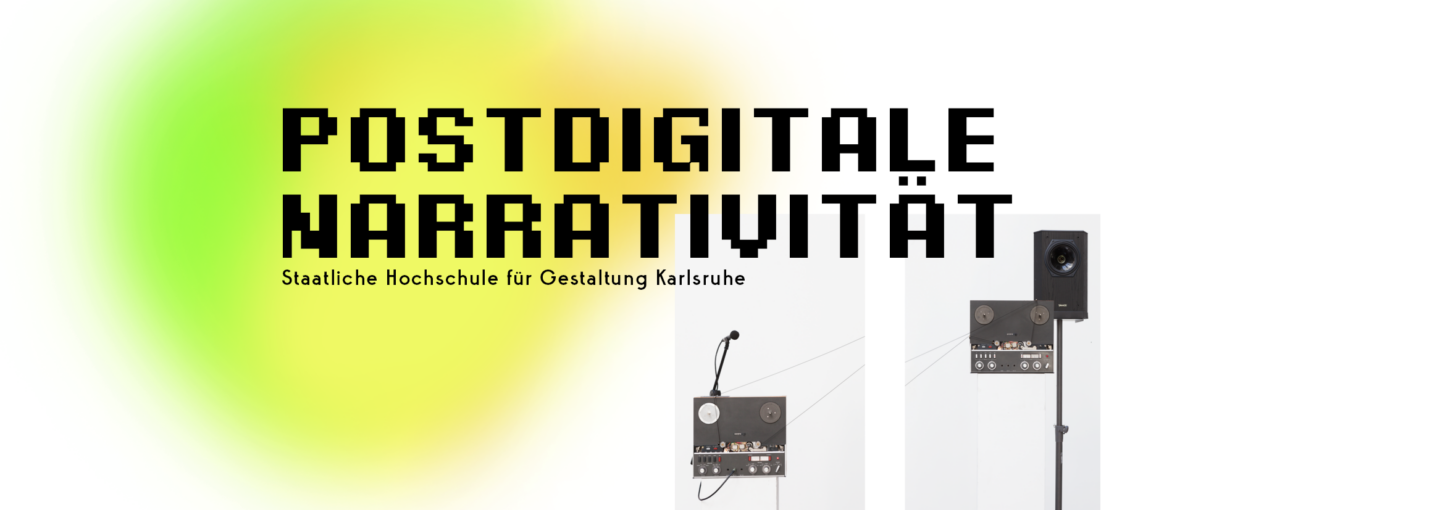20:00 Norman M. Klein – The Dismantling of the American Psyche
The Dismantling of the American Psyche:
MediaBuzz, Political Branding, and Collective Amnesia – 1973 to the Present. Notes from a new history, to be written next year.
Certainly, within the past twenty years, the computer has embedded itself into material culture on a scale that is difficult to compare (i.e. architecture, cities, the body, the genome). The term that I use to describe this phenomenon is “cross-embedding.” For example, very early cinema was cross-embedded with theater, and with the street rhythm of cities like Paris, London, New York; and with print illustration and mass publishing; and so on.
This lecture will introduce what the narrative implications of cross-embedding are, its possible directions today, more on how to construct a history for cross-embedding (essentially a new field that must be developed).
We must begin by assuming that all media are cross-embedded, by definition. For the sake of argument, we set aside the poetics of pure form, in order to investigate narrative from a “cross-embedded” point of view.
Additional notes (selections):
1. Embedding is always a two-way process. If the computer is essentially embedding into urban space, or into the body; then the urban and the body are also embedding themselves into digital systems as well.
2. Embedding is often a form of cultural amnesia, because the media that are absorbed often are “forgotten” afterward…
3. Embedding is a process of inversion, from gigantic to micro, from public to private, and so on, a process of dislocating sociability…
4. Embedding changes how stories are told… It invents stories about new systems of power that are changing our sense of the real (ontology; what is “solid”). Its narratives often require new forms of social ritual, of epistemology, even of intimacy (seduction, eroticism, pornography, the erogenous as architecture).
 Norman M. Klein is a cultural critic, media historian and novelist. His work concentrates on how consumer spectacle and confused urban planning hide social conditions. He has expanded these interests into two series of books, one on cultural histories of forgetting, another on the history of special effects environments.
Norman M. Klein is a cultural critic, media historian and novelist. His work concentrates on how consumer spectacle and confused urban planning hide social conditions. He has expanded these interests into two series of books, one on cultural histories of forgetting, another on the history of special effects environments.
Among his best-known work: The History of Forgetting: Los Angeles and the Erasure of Memory; The Vatican to Vegas: The History of Special Effects; Bleeding Through: Layers of Los Angeles, 1920-86; Freud in Coney Island and Other Tales; and Seven Minutes: the Life and Death of the American Animated Cartoon. Currently, he is the author and co-director of a science-fiction media novel, on how the twentieth century was imagined before it began (1893-1925). Entitled The Imaginary Twentieth Century, it has been already appeared in seven exhibitions internationally, most recently at DOX in Prague; in 2015, at the Victoria and Albert Museum in London. It will be published in the Spring of 2011. (For updates, see www.imaginary20thcentury.com). Afterward, his next book The Dismantling of the American Psyche (1968-Present) – will appear in 2011 (Verso). Klein is a professor at the California Institute of the Arts.
